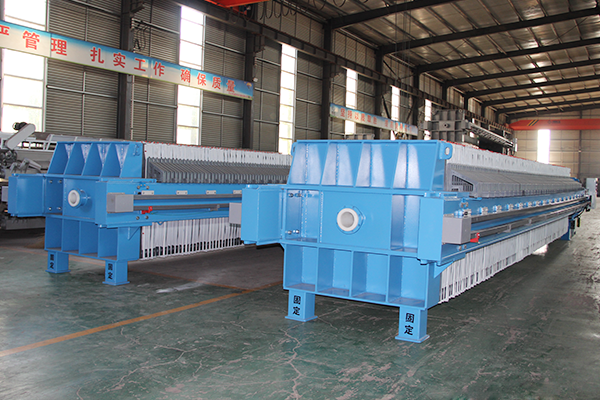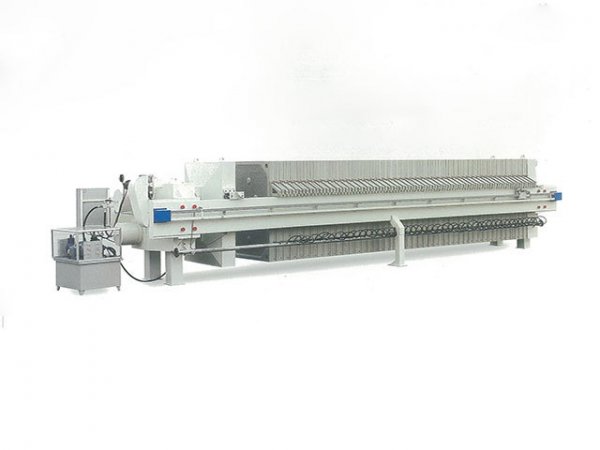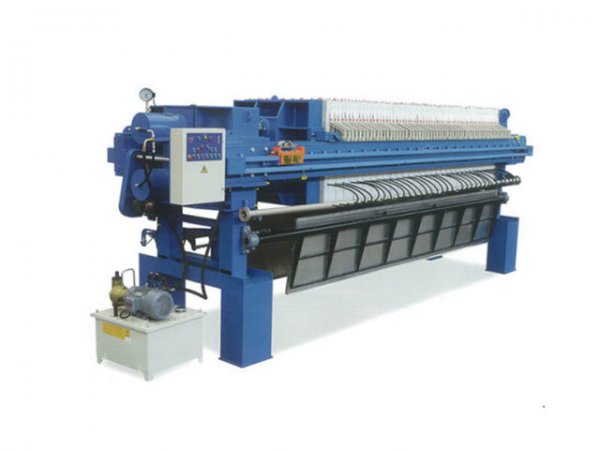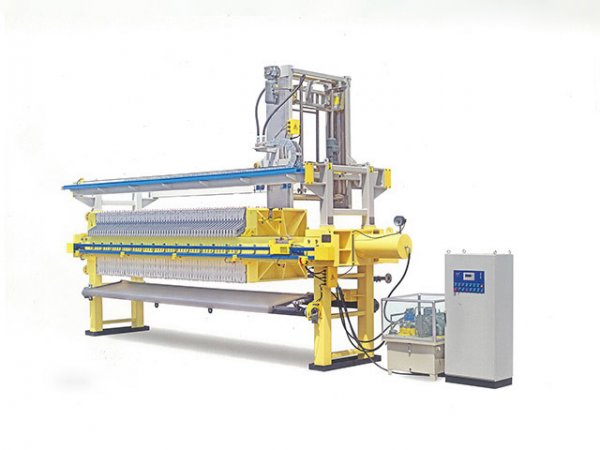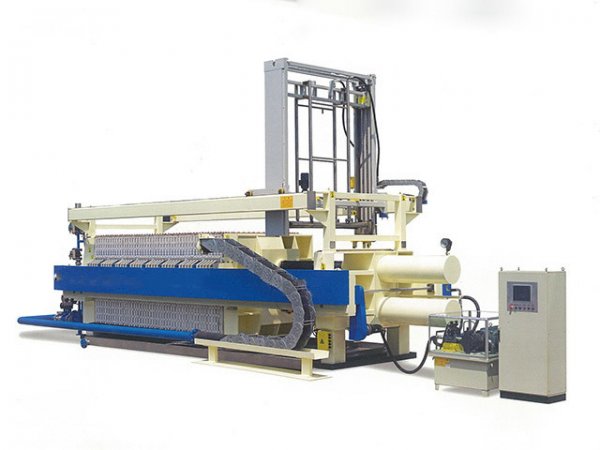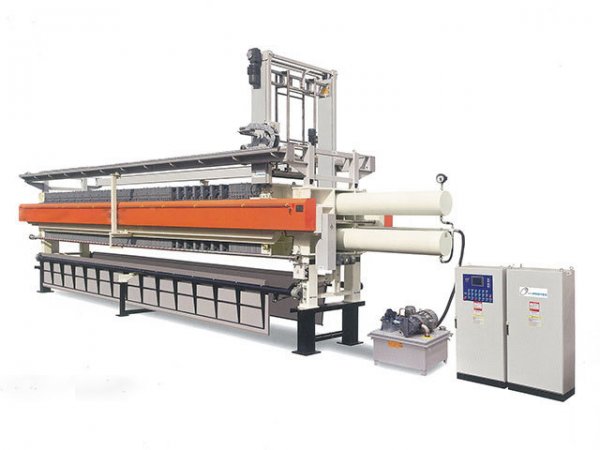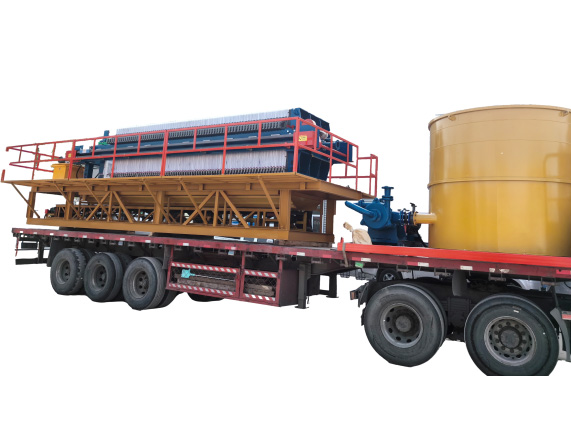NewsDetails
Hydraulic vs. Manual Filter Press: Key Differences
author:Shuangcheng time:2025-10-12 17:42:32 Click:175
When industries seek effective solid–liquid separation solutions, the choice between a hydraulic vs. manual filter press can significantly affect efficiency, cost, and operational safety. Both systems use filter plates and cloths to separate solids from liquids, but they differ in operation, scale, and labor requirements.
This guide explores how manual and hydraulic presses work, their advantages and drawbacks, and why collaborating with China manufacturers with proven bulk supply capacity provides cost-effective and reliable options for large-scale operations.
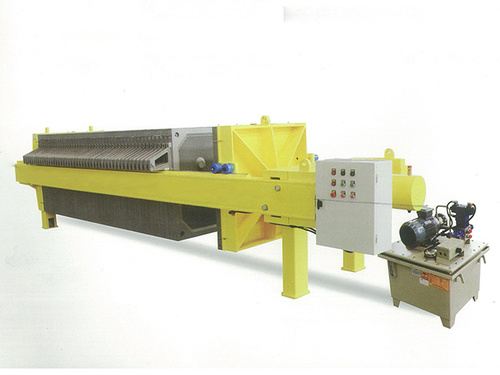
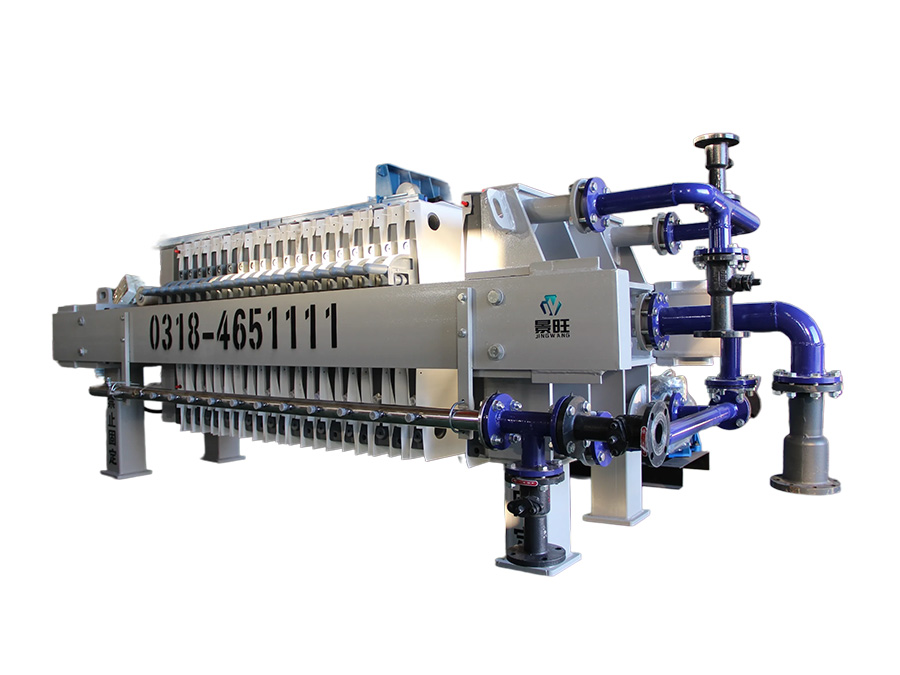
Understanding the Filter Press
A filter press separates slurry into solids and liquid by forcing the mixture through filter cloths. The key difference lies in how pressure is applied and how plates are managed—manually or hydraulically.
Manual Filter Press
A manual filter press requires operators to hand-tighten plates to apply pressure. The process involves manually closing the plates, monitoring pressure, and discharging the filter cake.
The main benefits of a manual system include its lower initial cost, simplicity, and portability, making it suitable for labs, pilot plants, or small workshops. However, manual presses are labor-intensive, slower, and produce less dry cakes compared to hydraulic presses, limiting their use in high-volume or continuous operations.
Hydraulic Filter Press
Hydraulic filter presses use cylinders powered by hydraulic pumps to automatically close the plates and apply consistent pressure. This automation allows faster processing, more uniform cake dryness, and significantly reduced labor requirements.
Hydraulic systems excel in industrial applications, such as mining, wastewater treatment, food and beverage production, and chemical processing. Their higher efficiency, scalability, and ability to handle large volumes make them ideal for operations that demand consistency and high throughput. On the downside, hydraulic presses require a larger upfront investment, a power source, and periodic maintenance.
Key Differences
While manual presses are suitable for small-scale operations with limited throughput, hydraulic presses provide the speed, consistency, and automation necessary for industrial-scale production. Manual presses depend heavily on operator effort, whereas hydraulic presses reduce labor requirements and offer more precise pressure control. The initial investment for a hydraulic press is higher, but its efficiency and long-term performance can offset these costs for large operations. The choice ultimately depends on production scale, budget, and labor availability.
Advantages of Sourcing from China
For companies that require multiple units or replacement parts, sourcing from reliable China manufacturers offers distinct advantages. Many China suppliers demonstrate genuine bulk supply capacity, ensuring consistent quality and timely delivery. This combination of affordability, large-scale production capability, and compliance with standards makes Chinese manufacturers a practical choice for industrial buyers worldwide.
Conclusion
Selecting between a hydraulic vs. manual filter press requires careful consideration of production needs, labor resources, and budget. Manual presses are cost-effective for small setups, while hydraulic presses deliver industrial efficiency and scalability.
For businesses seeking reliable supply and proof of manufacturing strength, working with established China manufacturers with bulk supply capacity ensures quality, affordability, and operational reliability. Understanding these differences is critical to making an informed, long-term investment in filtration equipment.
References
GB/T 7714:Gusenbauer M. Google Scholar to overshadow them all? Comparing the sizes of 12 academic search engines and bibliographic databases[J]. Scientometrics, 2019, 118(1): 177-214.
MLA:Gusenbauer, Michael. "Google Scholar to overshadow them all? Comparing the sizes of 12 academic search engines and bibliographic databases." Scientometrics 118.1 (2019): 177-214.
APA:Gusenbauer, M. (2019). Google Scholar to overshadow them all? Comparing the sizes of 12 academic search engines and bibliographic databases. Scientometrics, 118(1), 177-214.
 Recommended Products
Recommended Products
 Contact us
Contact us
—— Contact:Manager
—— Tel:+86 16632826789
—— Email:sales@hbscfilterpress.com
—— Url:https://www.hbscfilterpress.com
—— Address:West Zone of Economic Development Zone, Fucheng County, Hengshui City, Hebei Province

